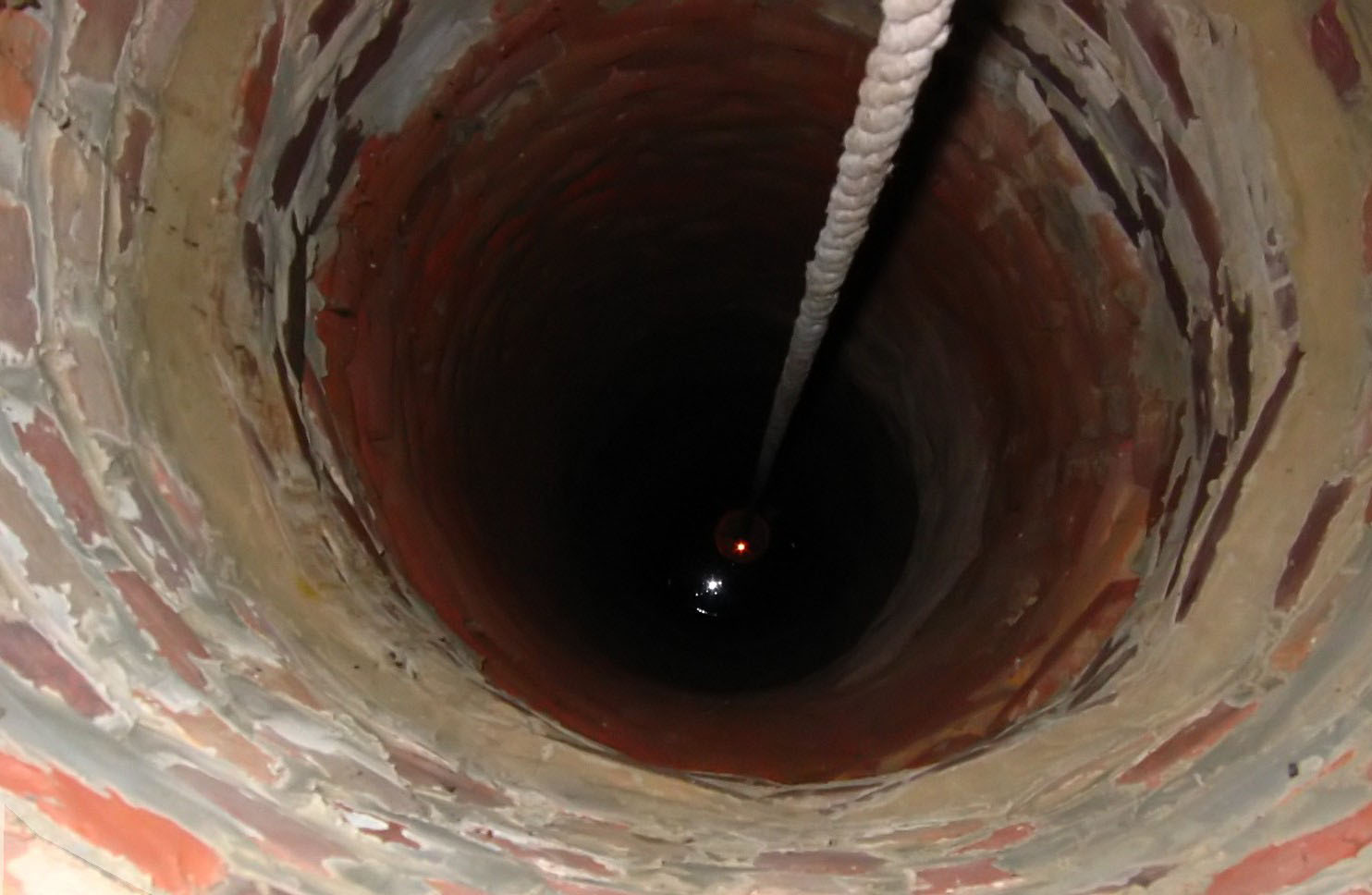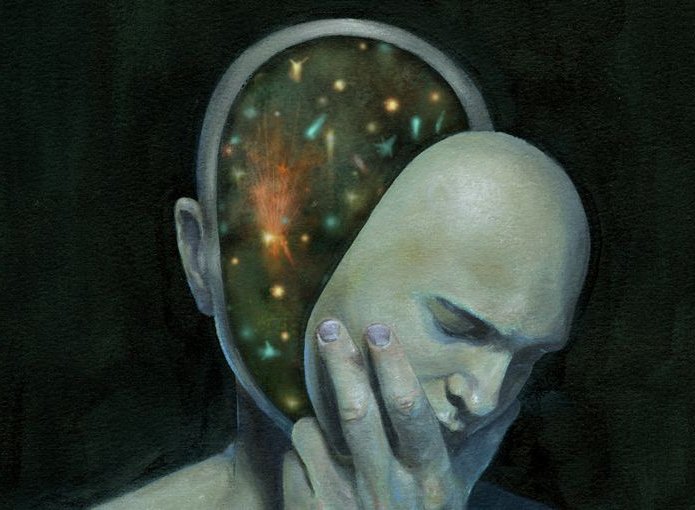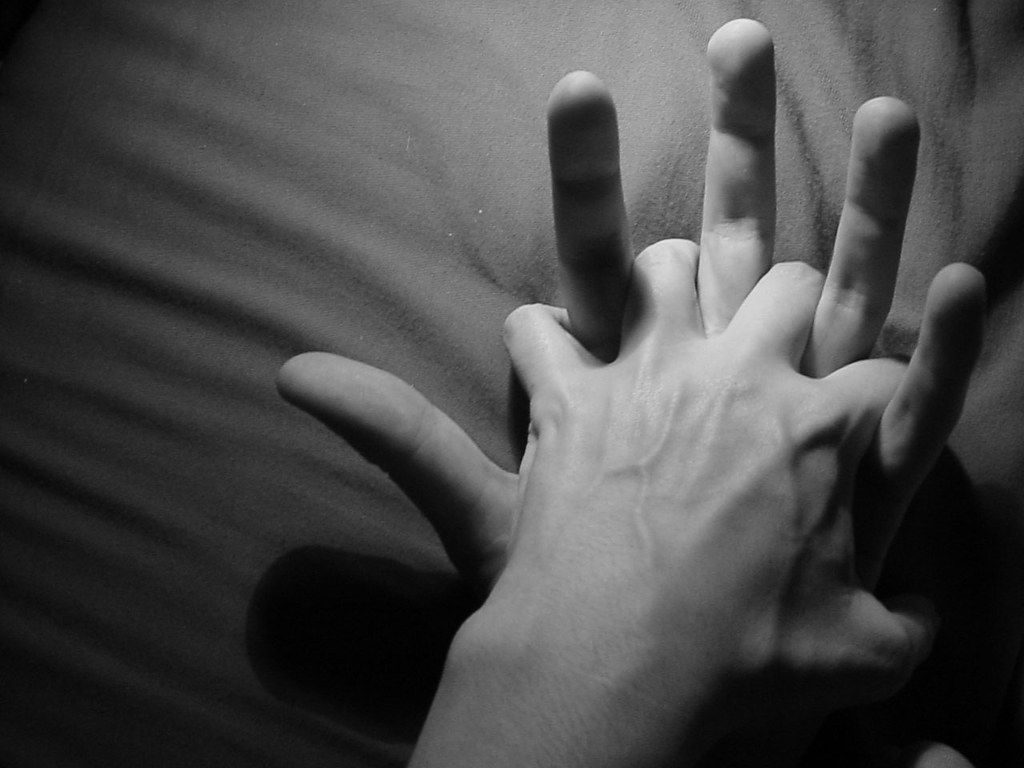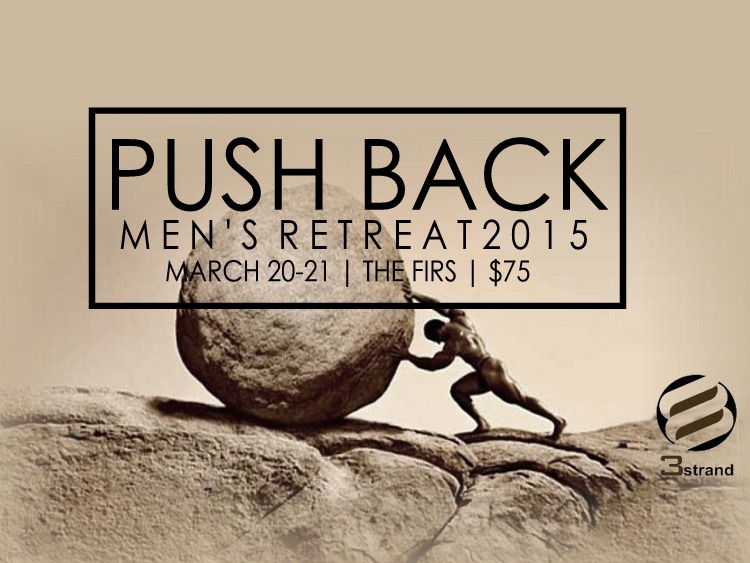The older I get, the more screwed up I realize I am. For years, I dismissed the idea of “wounds”, whether we were talking about wounds of Father, Mother, or circumstance. It felt too convenient or cowardly to point a finger at someone else as the cause (or at least contributor) of something broken in me. In the past year, I have begun to explore what therapists call “my story.” I am not a therapist and, the more I have spent time with these professionals, the more I doubt my ability counsel anyone effectively. I have gained a deep appreciation for the gift of discernment many of these counselors possess. I have never looked down on anyone who has sought a counselor to help them with a problem. That said, I did think “therapy” was great for everyone else but never expected be someone who would benefit personally. Seeing as most of my job is shepherding others, I have found it quite helpful to experience someone shepherding me. Below are a few reflections that I have had recently on this journey:
I am wounded.
The first thing I have learned is that I am wounded, and I need to accept that. While that statement can mean many things, it at least means that there are traumas in my life story, big or little, that have shaped who I am as a person. Not every trauma is the same and not everyone experiences the same traumas the same way. So, instead of comparing our “wounds” to the “wounds” of others–usually to determine their significance or lack thereof–we must just focus on surveying our own wounds in our own experience. In exploring my own story, I have learned that the unique experience of my traumas served to generate responses in me as a young person–I found a way to cope or survive. These patterns of responding (most unhealthy) became such a normal way of relating to people and circumstances that, like habits, I became blind to them. Just as Paul intimates in Romans 7, even when I recognize how I should be responding, it’s often too late, my body has already responded. Before I even understand how to “fix this” I found I had to first admit that there were wounds that existed. As one counselor shared: “You have to name it in order to tame it.” Once I accept that I am wounded, then I can at least recognize my need for healing, and begin to walk with a new found awareness and curiosity.
We are wounded.
That said, I have found that this experience can be quite overwhelming as this new curiosity tends to lead to more and more and more and more discovery. This doesn’t mean that my personal exploration has unearthed all kinds of horrible repressed memories from my childhood. More precisely, it means that many of the traumas I experienced in the past aren’t quite “passed” and that they are influencing everything in the present. All that I “was” is impacting all that “I am”, whether that is my role as a man, husband, father, friend, or pastor. If I’m honest, this has been rather discouraging as it can feel like I am more messed up than I could ever have imagined. Then, brought into a marriage, this revelation compounds in complexity because, I am wounded, and so is my spouse, so we are wounded as a couple. I have been married for 25 years. They have been wonderful years. But, I am learning, our relationship has been hindered by unseen wounds. While it’s hard to imagine, our relationship can be even better! As we begin to understand these earlier chapters of our lives, we are actually beginning to read and understand the one story of US differently. Although painful, it provides us great hope for writing a new chapter that has the power to make the earlier ones meaningful again.
Wounds cannot be ignored (but they can get worse).
It is tempting to ignore addressing these wounds because it is such hard, uncomfortable, and sometimes painful work. We are coming face to face with our guilt and our shame. Physically speaking, we know it is unwise to ignore any serious wound. The most serious of wounds don’t heal themselves, left alone, they only get worse. In time, whatever part of the body was wounded directly begins to affect other parts of the body indirectly. This is no different with our emotional, psychological, and spiritual lives. We have wounds. But our lives our so full of distractions competing for our attention, we usually fine something more urgent that needs our attention. More than that, it’s hard to look at wounds, especially those that we’ve let rot many years. It’s quite scary to imagine what might be “under the bandage.” Like a little kid we’d rather just leave the band-aid on for a few months rather than face the pain of tearing it off. Make no mistake, we know it’s bad…because it stinks…and everyone is beginning to smell it. But we also know that healing from these wounds takes time and may require us to renew our perspectives and re-prioritize our lives. Because we are more terrified by any disruption of my personal status quo than we are of letting a wound fester, we refuse to change. This kind of antipathy toward our wounding eventually gives away to apathy toward healing. I am convinced that, in time, this kind of apathy leads to idolatry as we seek some kind of savior to rescue us from the guilt and shame we cannot ignore.
Healing cannot be hurried (but it can get helped).
There are always two ditches we fall into. If one ditch is where we ignore our wounds, the other ditch is where we try to hurry their healing. This is my tendency; I determine a plan and work it as hard as I can. This approach sounds wise on the surface but, in some ways, it represents an effort to do only what God can truly do–heal. And just as every person can experience a trauma differently, every person heals from heal from those same traumas differently. Any kind of real healing takes time. Artificial timelines or expectations will only feed disillusionment and frustration if and when they are not met. Healing cannot be hurried, but it can be helped. God has granted us means of grace to help us heal. The grace of God’s Word. The grace of godly counsel. The grace of communion with God through prayer. The grace of community with God’s people. While graces take many forms, all of them serve as funnels for His truth to pour into our hearts and minds. Like a healing salve, these different graces don’t heal instantly, but they can help facilitate restoration over time.
I am not an expert. I am not a license therapist. I am not a seasoned counselor. I am merely a wounded fellow sojourner seeking to understand my story within God’s. Most of what I have written here is just a way for me to process my own journey. I don’t fully understand everything about my story yet, perhaps I never will. But, until Jesus returns, or I return to Him, I aim to understand my past in hopes of living more fully in the present.





